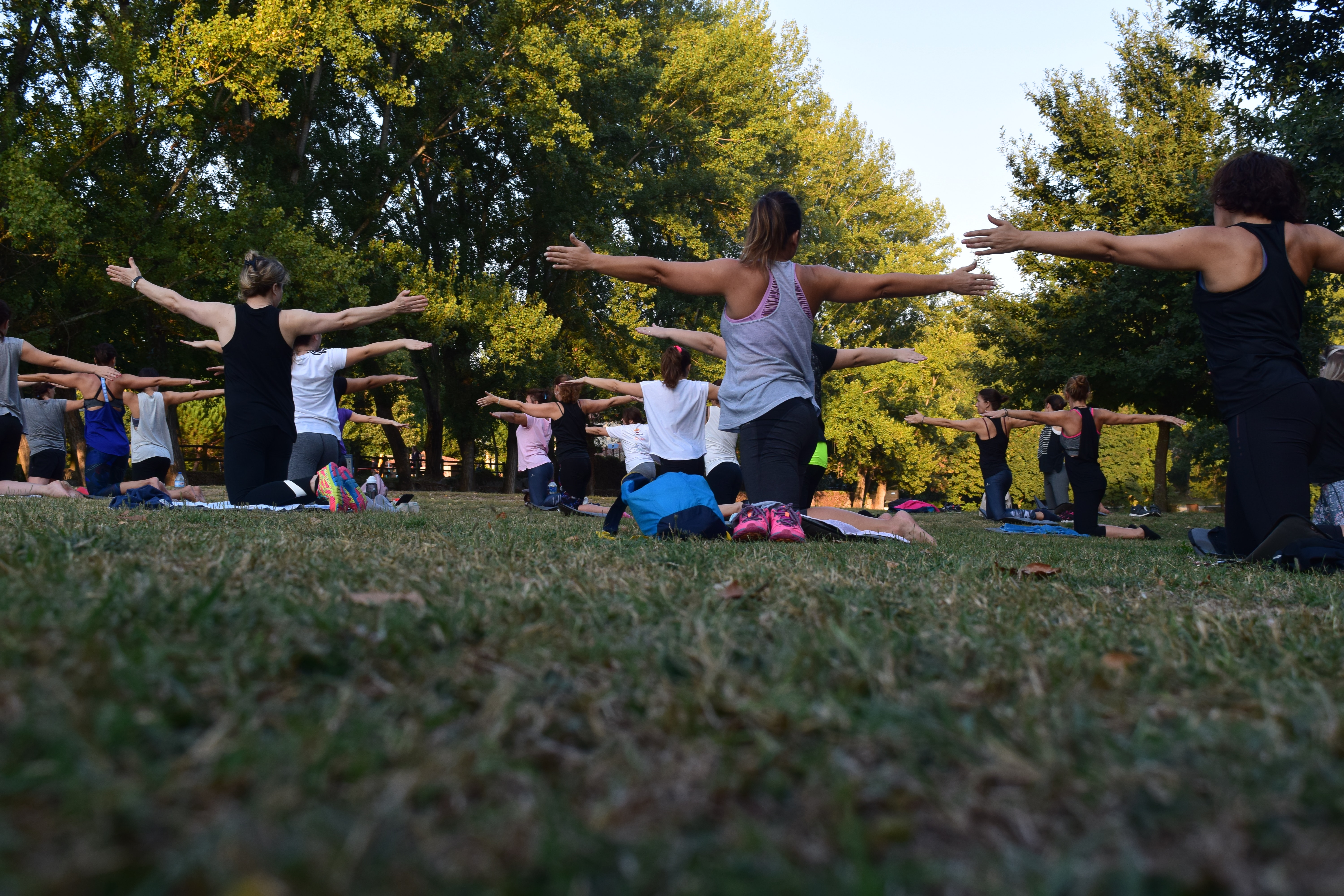
The initial fear that gripped the world at the start of the pandemic is now just a distant memory. We have emerged from being hermits, neglecting grooming, interaction with others, and frankly, some bizarre behaviors, to now re-learning in some cases, or perhaps learning, how to be a functional part of society.
For years, and in some cases decades, we have participated in the traditional morning routine. We get up shower, complete our grooming, and do the usual routine. Then, we put on our professional, tailored outfits and attempt to eat breakfast, though honestly, that breakfast might have involved a coffee we made at home or something we picked up at our favorite drive-through. These habits, or rituals, prepare us mentally and physically for perhaps a mentally challenging day.
However, with mental health being an issue for many people, simply getting to work can be a mental challenge. Individuals just entering the workforce at the start of the pandemic might not have had the privilege to have experienced the previous etiquette at work. They might not be aware of the “office politics” and the spoken and unspoken expectations. They also likely do not have had the opportunity to build relationships with their coworkers and engage in the “water cooler conversations.”
Workers that have been at their job longer typically go to work, get their task done, and then leave. They might not engage with their coworkers or even managers outside of something assigned for them. An overall change likely influences these mental health issues in the workplace in culture in society. However, even before the pandemic, there were mental health issues among employees with mental health problems either not significant enough to receive medical treatment or were aware of it but did nothing about it.
Stigma against mental illness has always existed, and unfortunately, with so many people experiencing mental health issues each day, stigma can be a roadblock to individuals seeking help. The pandemic has blessed us with an opportunity to make employee and leadership wellness a priority.
This returns us to the return-to-work process. First, of course, there are interviews and other mental challenges that come first, but once we have passed those hoops, entering the workplace for the first time after the pandemic re-opens, old mental wounds that may or may not have healed sufficiently. This doesn’t just apply to employees who were forced into quarantine at home during the final days of the crisis. All staff members will need support to transition back into their careers. When employees were out of sight during the quarantine period at home, they lost their connection with coworkers and regular daily tasks like attending meetings or group activities.
The “global reset” or “global pause” is a perfect opportunity to pivot as organizations and make mental health and wellness part of the work culture. An environment that is nurturing to the new employees and even those who have been around for longer.
It is essential to look at mental health for the employees and wellness as the two go hand-in-hand. That includes schedule flexibility, work-from-home options, remote work if possible, and more stress-free days in general. It also involves encouraging employees to stay physically active, eat well, and have a strong support network, to name a few. Unfortunately, the world has changed immensely since the pandemic hit with various symptoms that affected everyone differently. Some people are just now returning to the workforce while others have been out for months or even years due to health and other reasons.
The daily grind of being in the workplace can dramatically affect mental acuity. Unfortunately, so many workplaces are behind when it comes to mental health initiatives. So the question now is to ask is how they can help an employee get back on track after quarantine?
As a leader, you might not be sure how to make these steps, but resources help you or bring in a team to help create, implement and nurture, the mental wellness initiatives.
First, you need to learn how the pandemic affected your company, if at all. If there were mental or physical injuries resulting in long-term absence for any of your employees, they must be allowed to take time off without fear of being replaced.
Next, you should understand what mental wellness initiatives are already in place so you can build upon them for mental health resiliency across your organization. These initiatives will help protect your staff by providing mental health resources and tools so they can work through difficult periods on their own with resilience.
You will need to evaluate your organization’s key mental wellbeing objectives are? Do you have policies that promote mental wellbeing? Does your wellness program include mental wellbeing components for employees, clients, and themselves? Do you continue to develop strategies that support mental wellbeing throughout your company culture?
What is required now as mental health practices become more mainstream is a dedication to mental health through critical mental health initiatives. The return to work practice should be one of them. The way you embrace mental health in the workplace will differentiate between becoming a statistic or being proactive about mental health resiliency.
It’s not enough to send out emails on mental health days anymore – while some might consider this a step forward, it doesn’t cut it. The same way you speak about key performance indicators, sales targets, and projected sales should be the same way you embrace a supportive environment that prioritizes holistic mental health and wellness.

